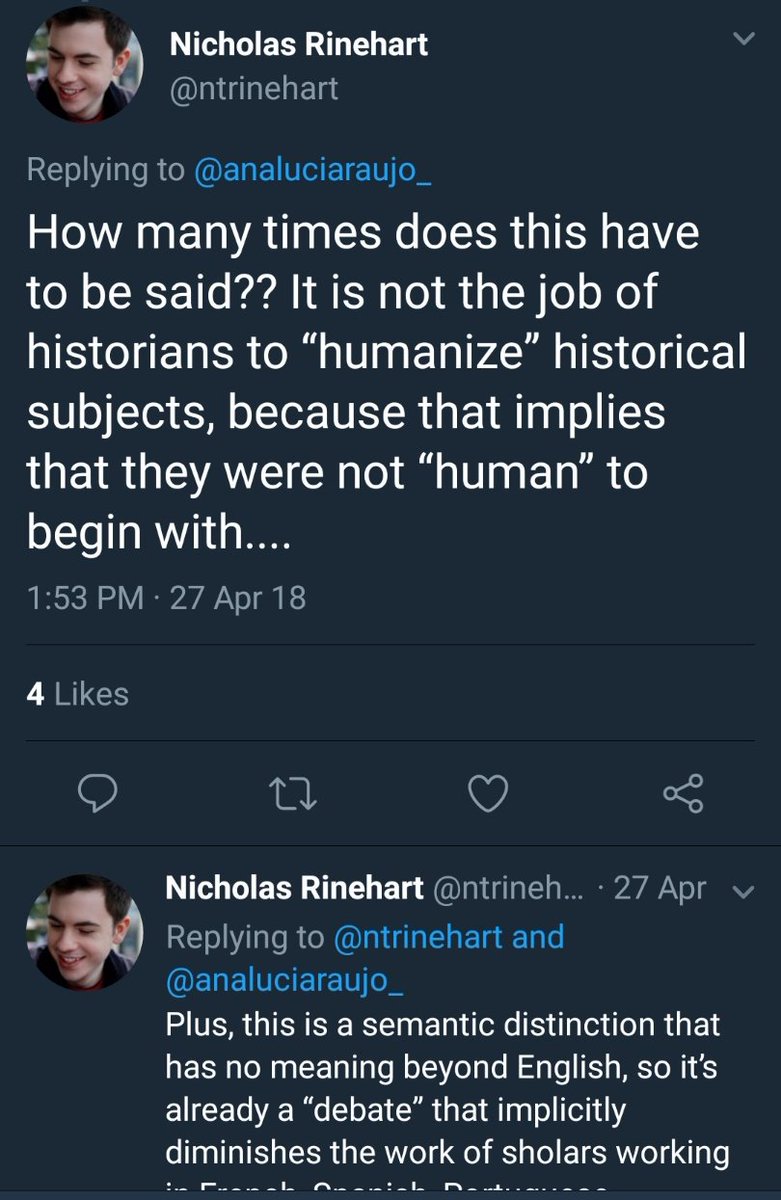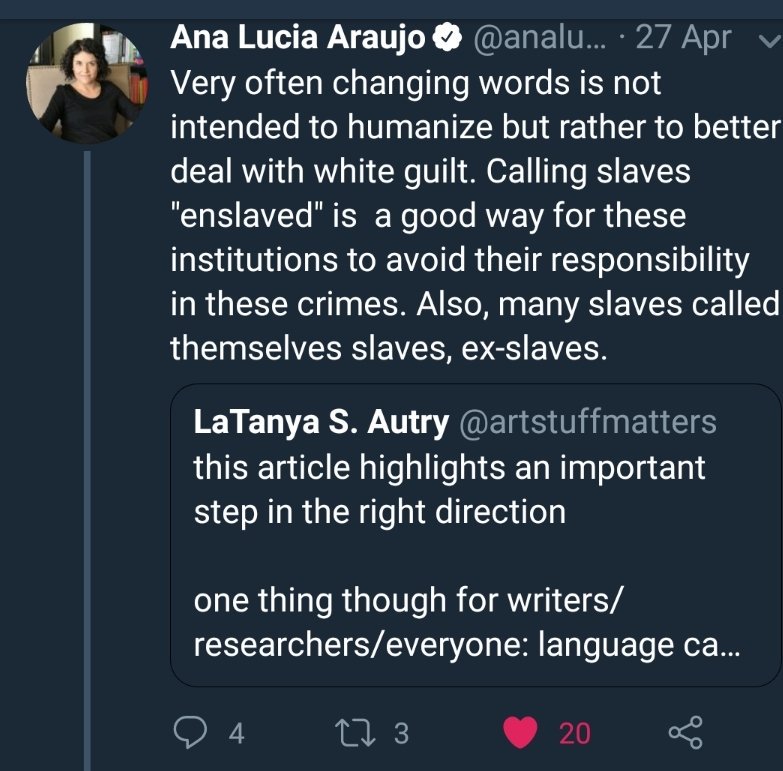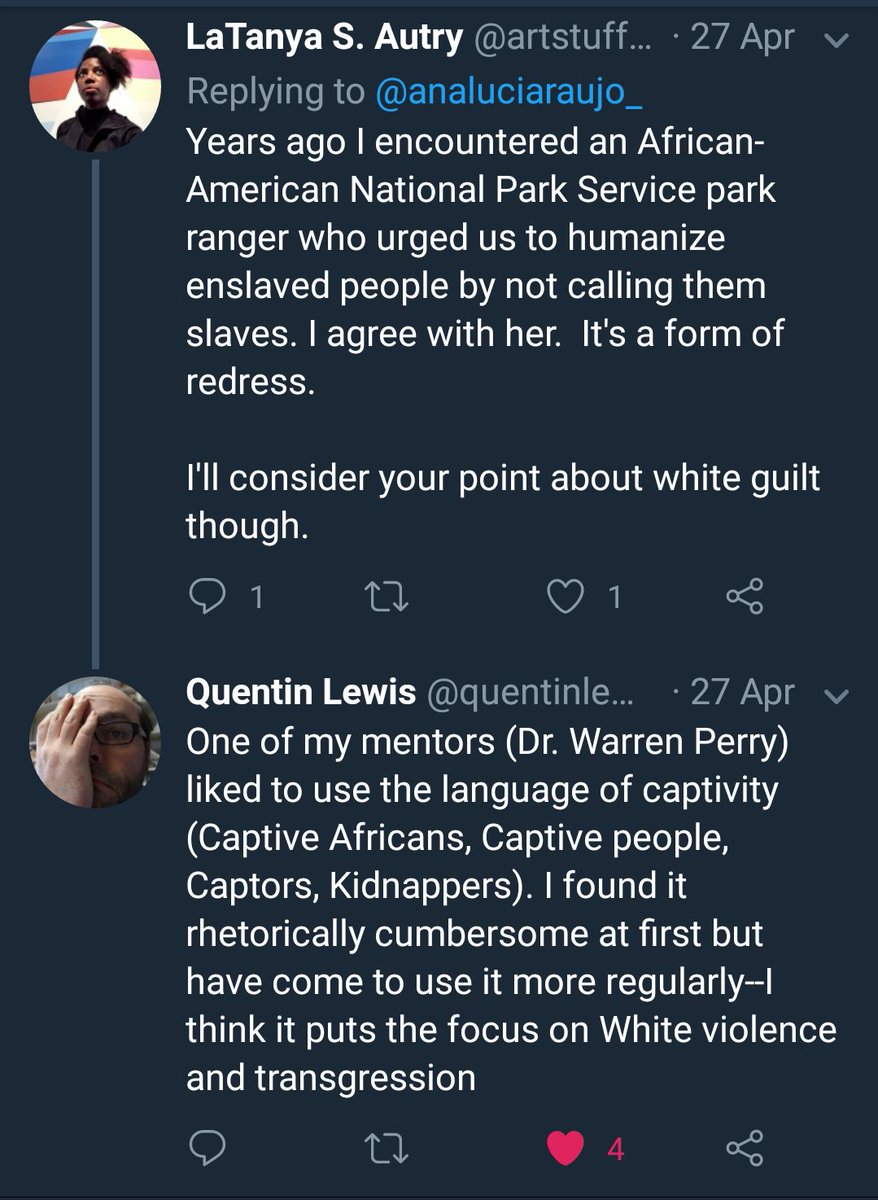
In 2017 in a brief essay I wrote for Yale Art Gallery, I mentioned that segregation continues in the U.S. beyound the 1954 Brown decision. The gallery's editorial and communications team challenged me on my use of the term segregation.
#MuseumsAreNotNeutral
#MuseumsAreNotNeutral
They told me the Brown decision ended segregation. They claimed segregation no longer exists. I told them I would like to live in that United States. I also noted that I am a historian who specializes in race.
#MuseumsAreNotNeutral
#MuseumsAreNotNeutral
I entered a long back and forth exchange with one editor to prove segregation exists. Yes, it was ridiculous. I noted types of segregation de facto and de jure. They eventually 'allowed' me to say de facto segregation exists.
#MuseumsAreNotNeutral
#MuseumsAreNotNeutral
(But as Rothstein's The Color of Law, published also in 2017, states, residential segregation is/has been de jure in the U.S. well beyond 1954.
Segregation and unequal access to resources and power are commonplace in this nation-state.
#MuseumsAreNotNeutral
Segregation and unequal access to resources and power are commonplace in this nation-state.
#MuseumsAreNotNeutral
The editorial and communications team that challenged my scholarship wasn't composed of any subject area specialists. They, 3 white women, met without me to discuss my terminology and didn't ask me about the meaning before they redacted the word segregation.
#MuseumsAreNotNeutral
#MuseumsAreNotNeutral
They had a segregated meeting and determined segregation doesn't exist. 🤨
#MuseumsAreNotNeutral
#MuseumsAreNotNeutral
*beyond*
• • •
Missing some Tweet in this thread? You can try to
force a refresh






